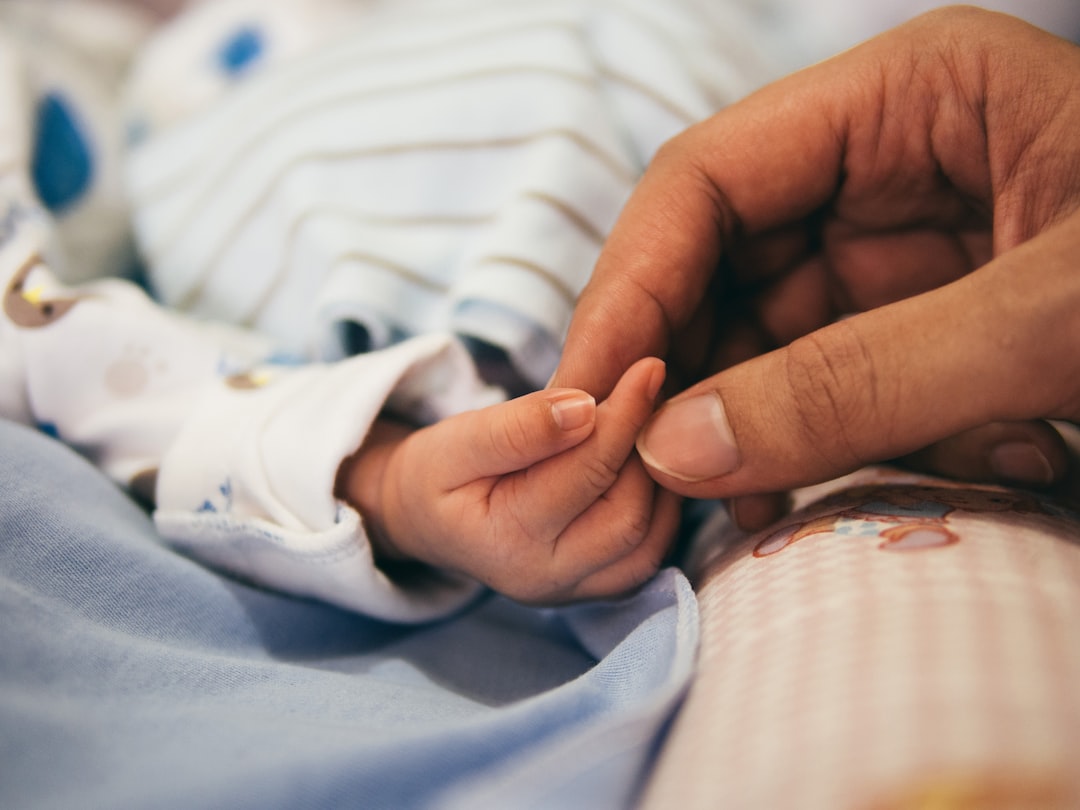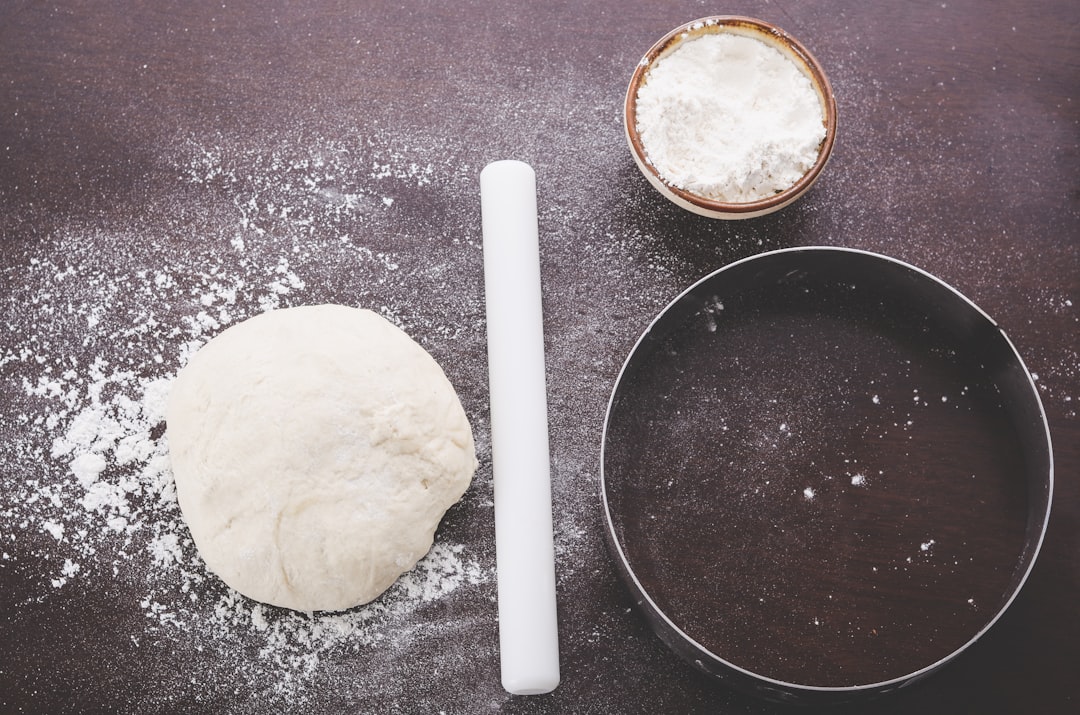What is it about?
Chronic pain can have a significant impact on people's overall well-being, as it not only deprives them of happiness but also reduces productivity. Additionally, individuals who experience chronic pain often find themselves gaining weight and eating unhealthy foods. This raises the question: what happens to these individuals, and how does chronic pain affect their eating habits? To investigate this issue, we conducted a study that utilized MRI neuroimaging techniques and a series of feeding-perception experiments. Our findings revealed that the pain persistence can disrupt the pleasure experienced from highly palatable foods by affecting the reward center in the brain, known as the Nuclear Accumbens. This disruption may lead to individuals overeat from high fat high carbohydrate foods as mean of self-medicating, resulting in unhealthy eating habits and weight gain.
Featured Image

Photo by julien Tromeur on Unsplash
Why is it important?
According to the CDC 2016 National Health Interview Survey (NHIS), chronic pain affects approximately 20.4% (50.0 million) of U.S. adults and debilitates around 8.0% (19.6 million) of U.S. adults. This study delves into the underlying complex mechanism of anhedonia and loss of motivation induced by chronic pain by examining the correlation between the perception of pleasure in palatable fat-rich food and the development of chronic lower back pain. The findings underscore the significance of early and effective management of chronic pain, as it impacts not only one's physical health but also their emotional and psychological well-being. By gaining a better understanding of the relationship between chronic pain and eating habits, we can develop more targeted interventions to enhance the overall health and quality of life of those afflicted by chronic pain.
Perspectives
Improving our understanding of chronic pain and its effect on the human brain can help us combat prejudice and stigma surrounding pain, as well as reduce the negative health consequences that can worsen a patient's quality of life. Our brain has evolved to be sensitive to pain as a protective mechanism against injury, but chronic exposure to pain can numb the reward system and even lead to maladaptive eating behaviors.
Yezhe Lin
Virginia Tech Carilion School of Medicine-Carilion Clinic
Read the Original
This page is a summary of: Chronic pain precedes disrupted eating behavior in low-back pain patients, PLoS ONE, February 2022, PLOS,
DOI: 10.1371/journal.pone.0263527.
You can read the full text:
Resources
Contributors
The following have contributed to this page










